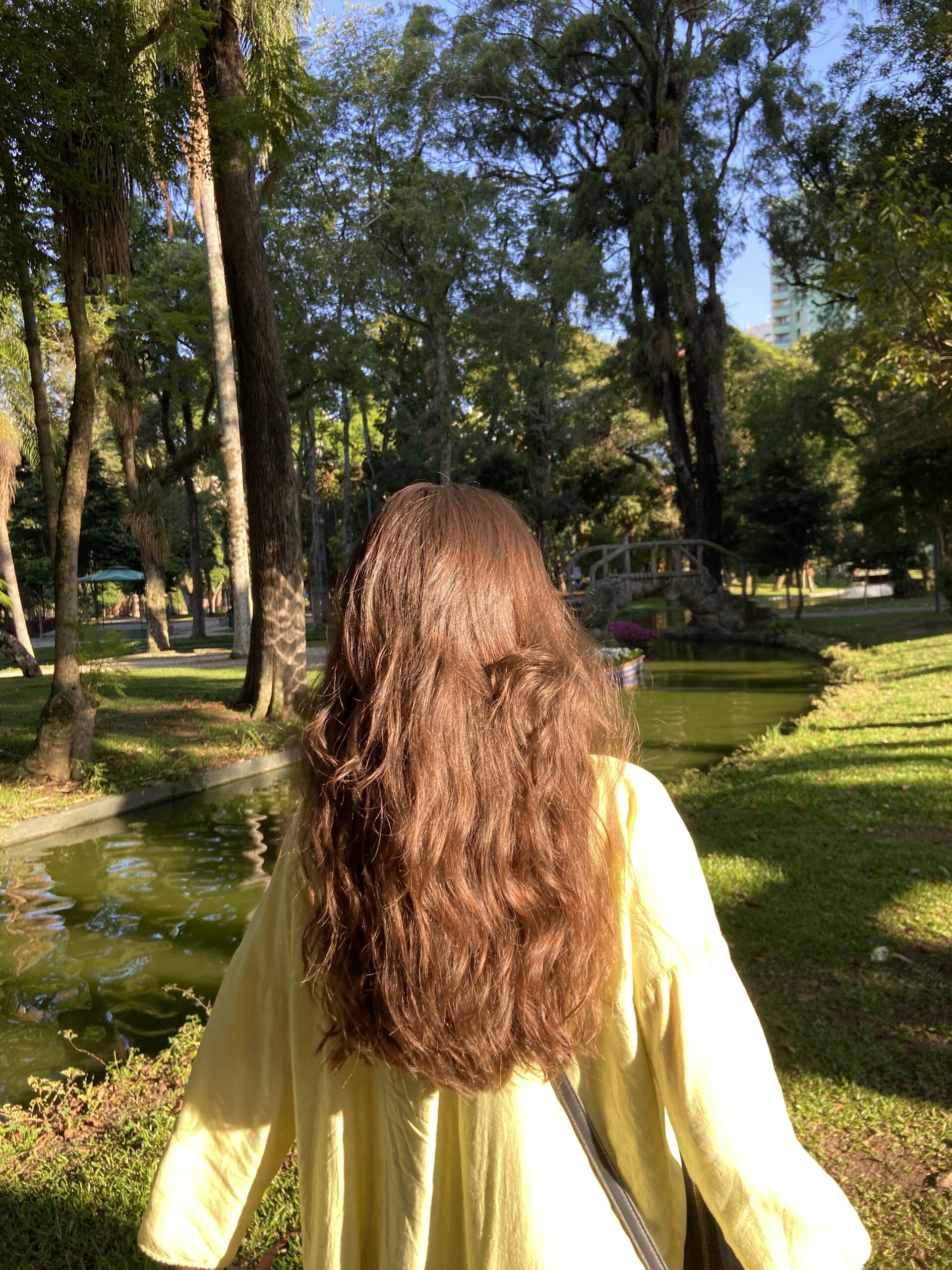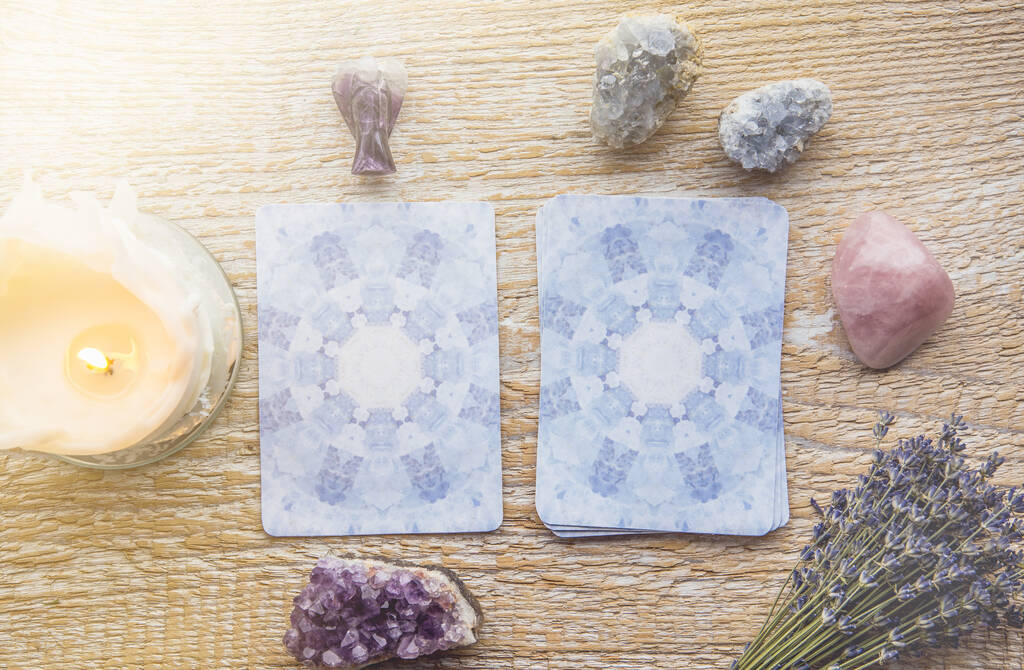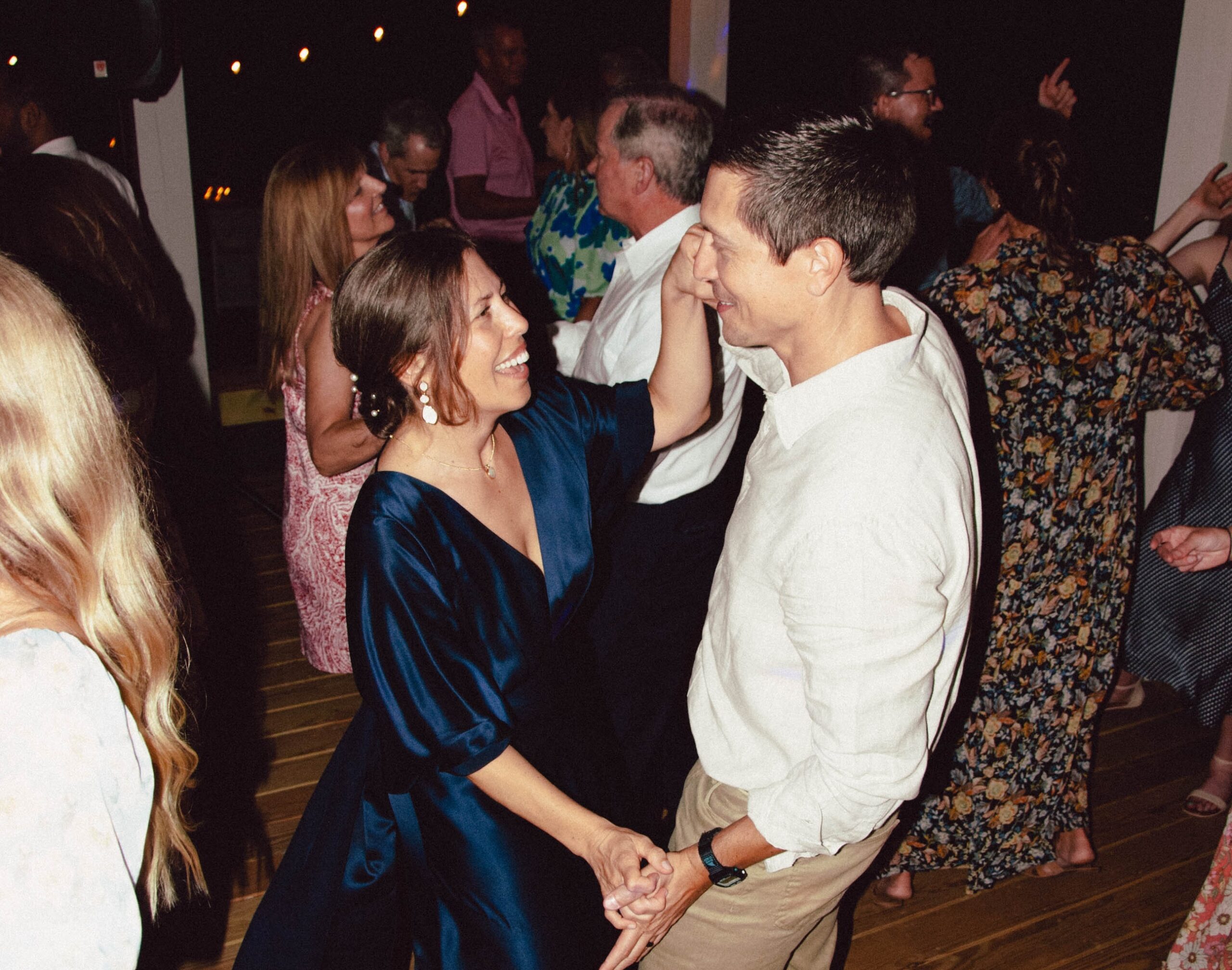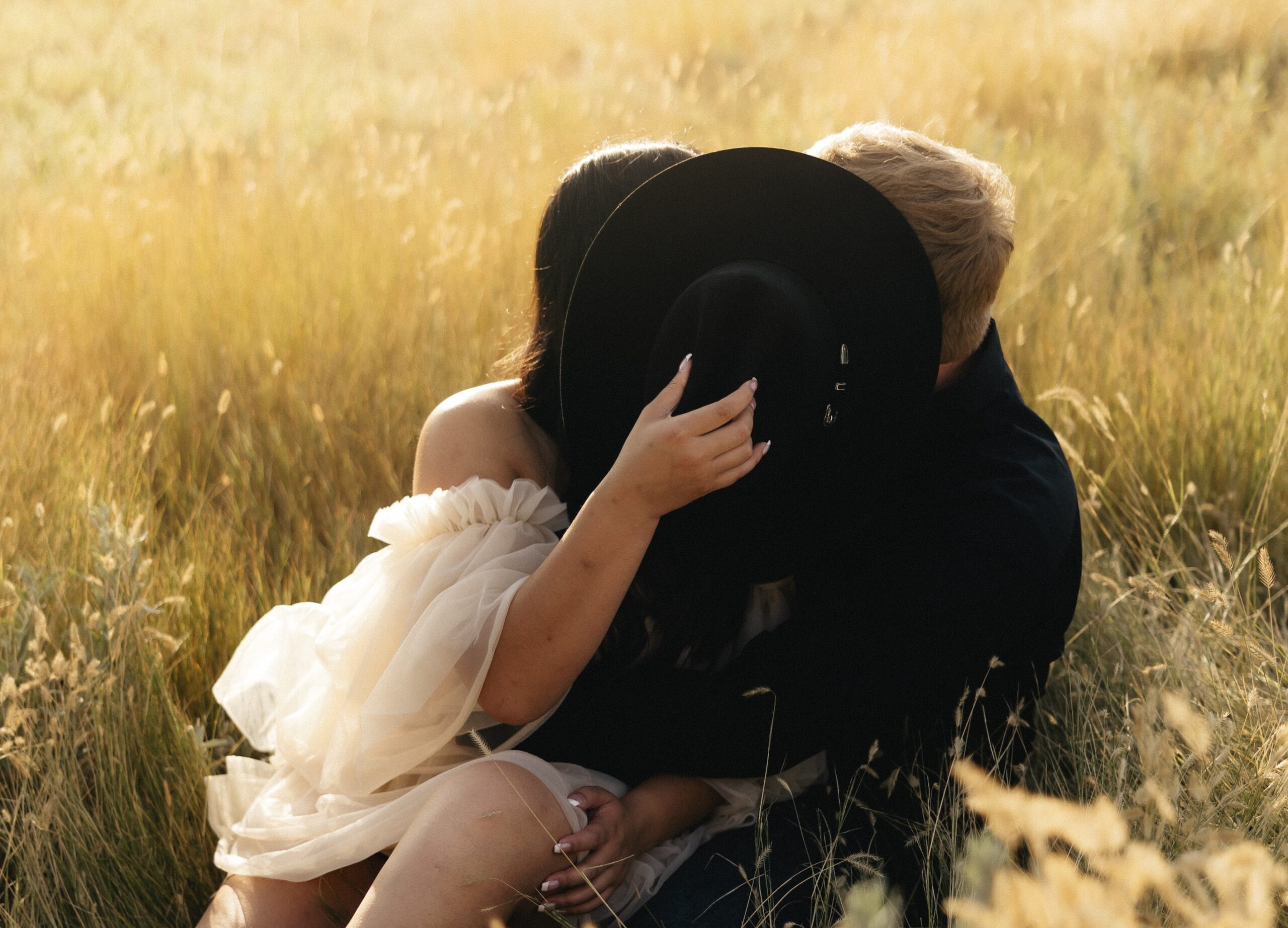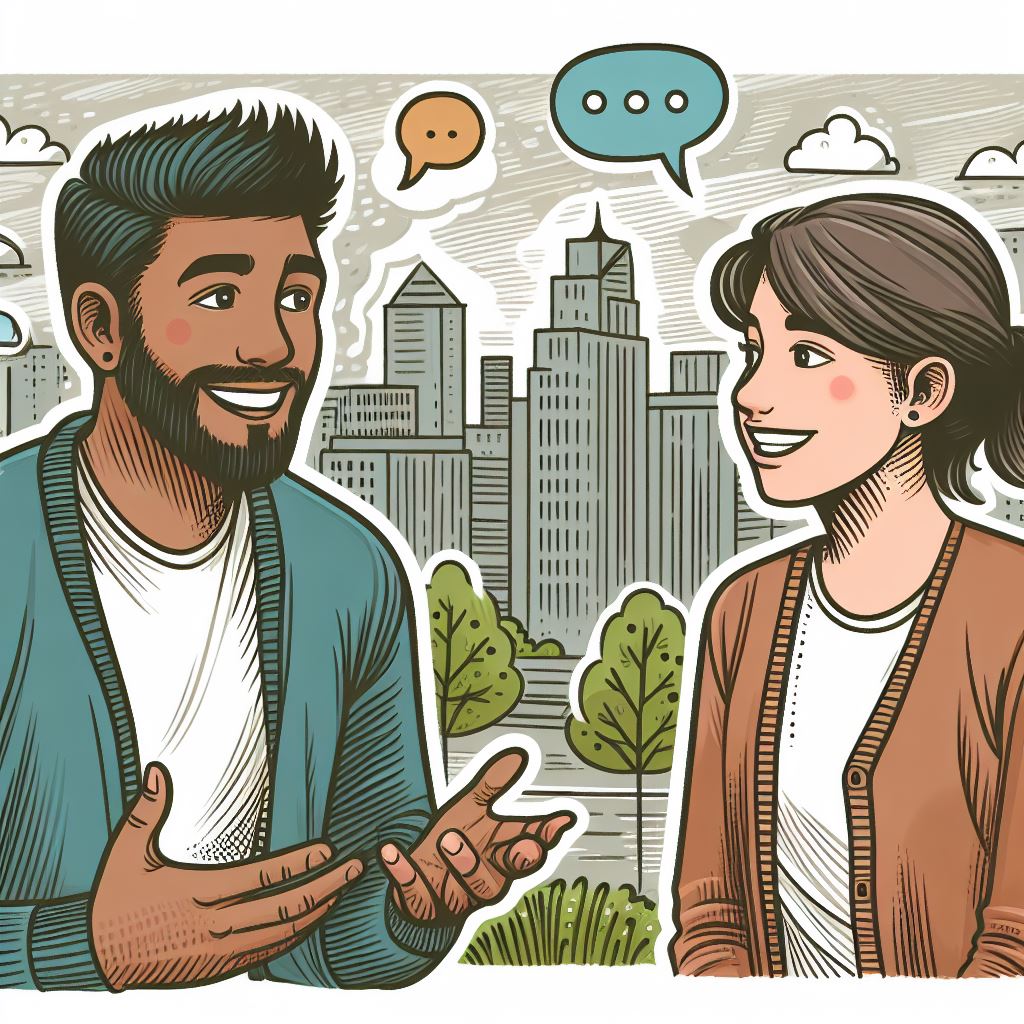Have you ever felt butterflies fluttering in your stomach before a social event? Maybe it’s a networking session, a casual meetup with acquaintances, or a festive family gathering that sends your nerves into overdrive. It’s perfectly normal to feel a bit out of your element in social settings, but what if you could transform that nervous energy into something positive?
Imagine being the friend you always wished you had—someone who not only manages their social anxieties but also thrives in making others feel welcomed and valued. Let’s explore how embracing this mindset can change the way you view social interactions and help you develop lasting connections.
Understanding Your Social Nerves
Social nervousness isn’t just about shyness; it’s often rooted in deeper fears like the worry of being judged or not knowing what to say. These feelings can be paralyzing, making even the most straightforward conversation seem like a daunting task.
But why do these feelings emerge? It could be past experiences that didn’t go as planned or perhaps the pressure to meet societal expectations. By breaking down these barriers, you start to understand that these fears, while valid, don’t have to define your social capabilities.
Why We Feel Social Anxiety
For many, the thought of being scrutinized or not fitting in can trigger a rush of anxiety. It’s a natural response designed to protect us from perceived threats—even if those threats are just potential social slip-ups.
Understanding that this is a common experience can be your first step toward overcoming it. When you realize that others are likely just as nervous, it becomes easier to feel less isolated in your feelings.
The Ideal Friend Concept
When you’re feeling socially anxious, it helps to visualize the type of friend you appreciate during your own nerve-wracking moments. This ‘ideal friend’ can serve as a blueprint for becoming more comfortable and proactive in social situations.
What Makes a Great Friend?
Think about the friends you admire and the qualities that make them stand out. Is it their ability to listen, their knack for coming up with fun plans, or how they always know what to say to make someone feel better? These are traits that anyone can develop with a little practice and self-reflection.
Developing Friend Qualities in Yourself
Adopting the characteristics of a great friend isn’t just about making others feel good—it’s also a powerful way to enhance your own social confidence. Let’s break down some of these traits and how you can start to embody them.
Empathy: Active Listening and Genuine Interest
Empathy is at the heart of meaningful relationships. It’s about more than just hearing words; it’s about understanding the emotions behind them.
To practice empathy, focus on really listening to what people say without planning your next response. Ask questions that show you care and want to understand their experiences. This not only makes the person talking to you feel valued, but it also helps you connect on a deeper level.
Reliability: Being Someone Others Can Count On
Reliability builds trust. If you commit to something, whether it’s a small meet-up or a significant obligation, follow through. People remember how reliable you are, and it sets a foundation of trust that is essential for any relationship.
Positivity: Bringing a Positive Vibe to Interactions
In any social interaction, your energy can set the tone. A positive attitude doesn’t just improve your mood; it’s contagious, uplifting the entire group. You don’t have to force cheerfulness, but maintaining a positive outlook can help make social settings more enjoyable for everyone involved. Try to find the humor in situations instead of focusing on what could go wrong, and share your positivity openly. This approach can often turn awkward moments into memorable stories.
Authenticity: Being True to Yourself and Others
The strongest connections are built on authenticity. People are drawn to those who are genuine and honest about who they are. You don’t have to pretend to be someone you’re not just to fit in.
In fact, showing your true self can help others feel comfortable doing the same. When you’re authentic, you create a safe space for genuine interaction, which is the essence of great friendship.
Practical Steps to Embody These Qualities
Now that we’ve explored the key qualities of a great friend, let’s look at practical ways you can start to develop these traits in your everyday life.
Exercises to Develop Friendship Qualities
Active Listening Practice: Spend a day focusing entirely on listening during conversations. No interruptions, just listening and then responding thoughtfully.
Commitment Challenges: Set small, manageable goals for reliability, like being on time for meetings or following through on promises, no matter how small.
Positivity Journal: Keep a journal where you write down three positive things that happened each day or positive aspects of every social interaction you have.
Authenticity Reflections: Reflect on your day and identify moments you were truly yourself and times you might have conformed. Think about why and how you can be more authentic.
Socializing Scenarios and Applying New Skills
With your newfound skills, it’s time to put them to the test in various social settings. Here’s how you can apply what you’ve learned.
Navigating Different Social Environments
At parties: Focus on being present and engaging with the group. Use your active listening skills to contribute to conversations meaningfully.
In professional settings: Reliability and authenticity can help you build professional networks. Be the person who follows up on connections and contributes positively to work environments.
Casual meet-ups: These are great opportunities to practice positivity and authenticity. They’re usually low-pressure, allowing you to experiment with your social approach.
Handling Setbacks and Building Resilience
Even the most socially adept individuals face setbacks. The key is not to let these moments discourage you but to use them as learning experiences.
Learning from Social Setbacks
No one is perfect, and social missteps are normal. Each interaction is a chance to learn something new about yourself and how you relate to others. If a conversation doesn’t go as planned, reflect on what happened and how you might handle it differently next time. Remember, building social skills is a journey, not a race.
Becoming the friend you wish you had is a powerful strategy for overcoming social nervousness. By developing empathy, reliability, positivity, and authenticity, you not only improve your social wellbeing but also contribute to the wellbeing of others around you.
So, next time you find yourself feeling anxious about a social event, remember that by embodying these qualities, you’re not just helping yourself—you’re also making every social interaction a little better for everyone.



